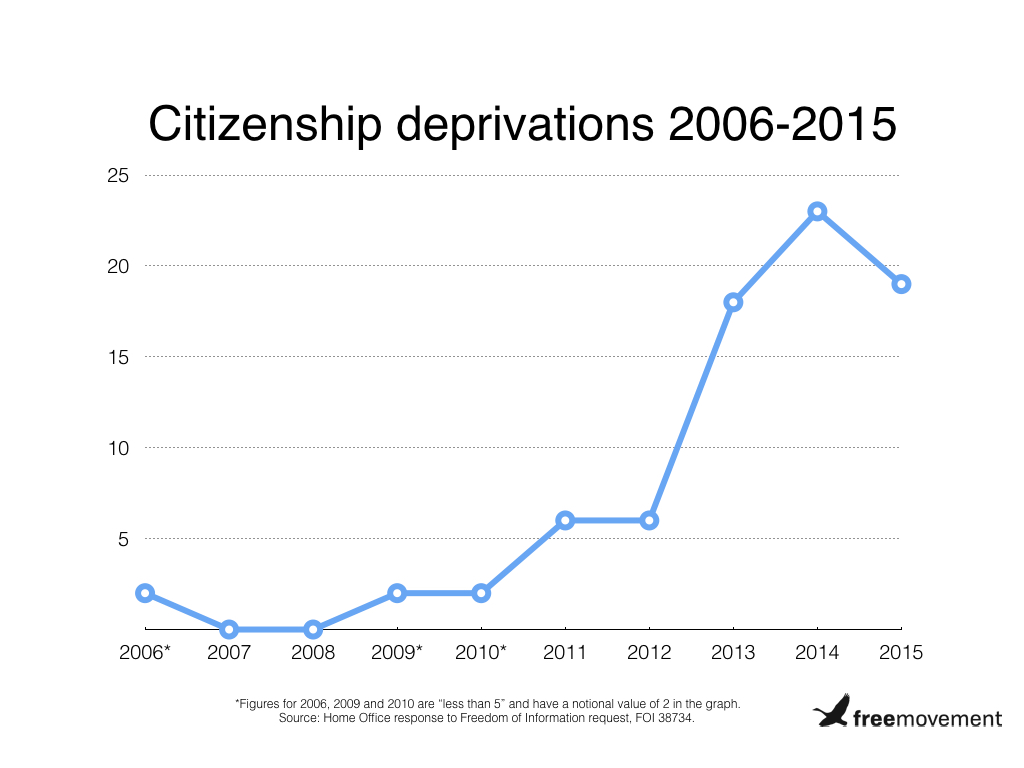- BY CJ McKinney

The consequences of cheating on the Life in the UK citizenship test
THANKS FOR READING
Older content is locked

A great deal of time and effort goes into producing the information on Free Movement, become a member of Free Movement to get unlimited access to all articles, and much, much more
TAKE FREE MOVEMENT FURTHER
By becoming a member of Free Movement, you not only support the hard-work that goes into maintaining the website, but get access to premium features;
- Single login for personal use
- FREE downloads of Free Movement ebooks
- Access to all Free Movement blog content
- Access to all our online training materials
- Access to our busy forums
- Downloadable CPD certificates
A BBC investigation has uncovered organised cheating on the “Life in the UK” test taken by migrants applying for settlement or citizenship. For a fee of up to £2,000, crooked consultants will feed the answers to those sitting the exam through a hidden earpiece.
The story does not establish — nor realistically could it — whether this cheating is commonplace. Anecdotally it is said to be widespread, “with the same method of cheating having been used at testing centres around the UK”. The Home Office, however, says that “instances of attempted cheating are exceptionally rare”.
If systemic cheating were established, the consequences could be severe. At least some innocent migrants were caught up in the so-called ETS scandal, which involved industrial-scale cheating on outsourced English language tests provided by the firm Educational Testing Services. The Home Office cancelled or refused leave in over 40,000 cases for people they claimed had obtained leave on the basis of deception.
Deception is also a ground for stripping somebody of their British citizenship. The use of the deprivation power has grown considerably in recent years, as Colin outlines in this piece and at greater length in a training course on the subject.

As well as the deprivation power, the Home Office can also strip people of their citizenship using a separate process called “nullification”. But the Supreme Court has held that nullification should only be used in cases where one person impersonated another in order to falsely claim eligibility for British citizenship. Other cases involving deception should be pursued using the statutory deprivation power.
There are a few reported cases on deprivation of citizenship for deception. For example, in Sleiman (deprivation of citizenship; conduct) [2017] UKUT 367 (IAC) the appellant lied about his age on entry to the UK, thereby securing a short period of leave. His application to extend his leave was undecided by their Home Office for five years and indefinite leave to remain was eventually granted because of the delay, after which he naturalised. When the deception on age emerged deprivation action was commenced.
There is also Deliallisi (British citizen: deprivation appeal: Scope) [2013] UKUT 439 (IAC). In that case the appellant lied on entry regarding his nationality and made a completely false asylum claim which succeeded, leading directly to a grant of settlement because of those lies and then to naturalisation.
I’m not sure whether there are any examples of deprivation for cheating on a citizenship test, but it seems obvious this would count as deception if discovered. The Court of Appeal said in Ahsan v Secretary of State for the Home Department (Rev 1) [2017] EWCA Civ 2009 that “submitting a TOEIC [English language] test result obtained by cheating plainly constitutes deception”. The same logic applies to the Life in the UK test.
